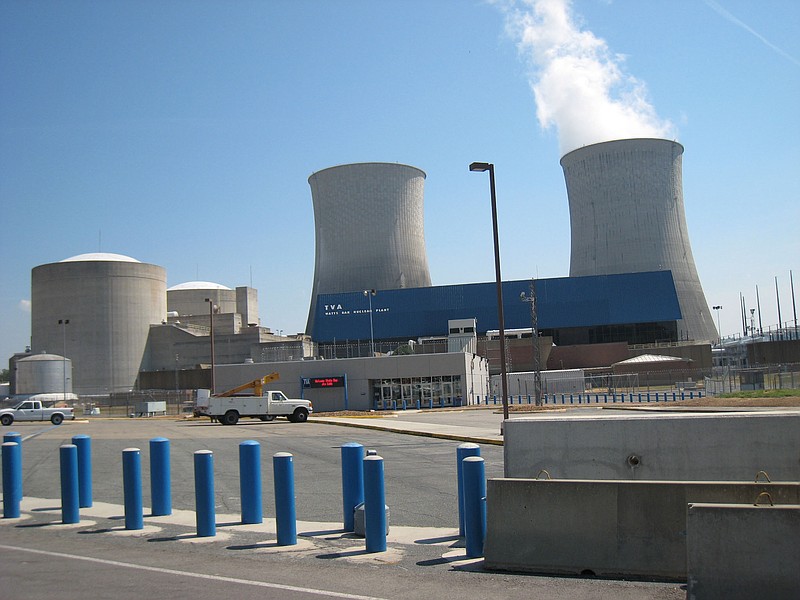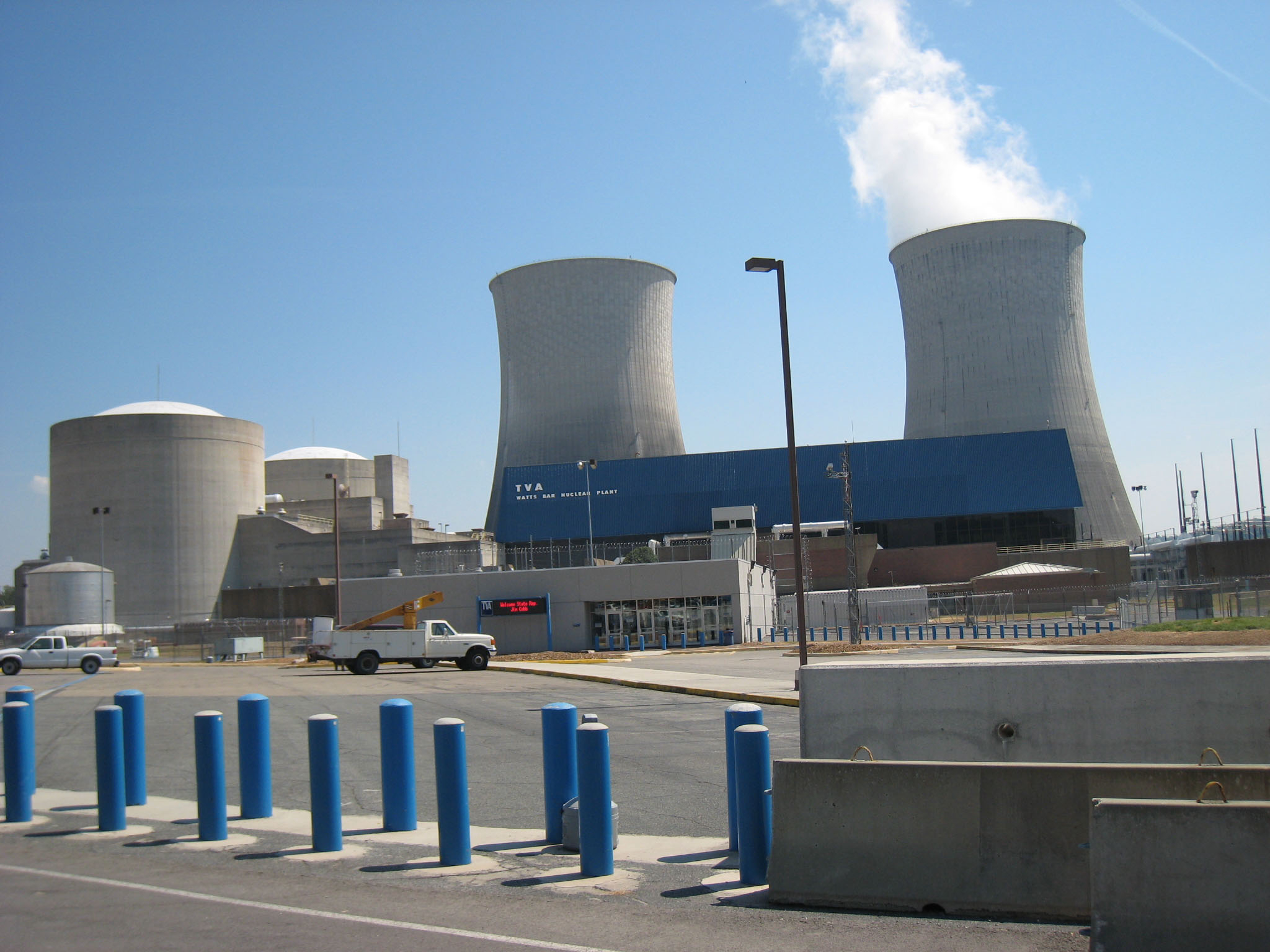The Nuclear Regulatory Commission today approved a plan to store nuclear wastes on site at nuclear plants, ending a two-year suspension on final licensing decisions and clearing the way for the Tennessee Valley Authority to proceed with adding another reactor at its Watts Bar Nuclear Plant.
The NRC vote today on the controversial waste confidence rule came in response to a 2012 federal court ruling that struck down the NRC's previous nuclear waste rules. A federal court remanded the waste disposal issue back to regulators after the U.S. Department of Energy quit building a permanent storage repository at Yucca Mountain in Nevada.
The NRC's final rule accepts the conclusions of a study last year that radioactive waste generated from reactors can be stored safely on site for up to 60 years after a plant is closed - or indefinitely if a permanent repository isn't built.
Anti-nuclear groups had urged the NRC to delay today's vote until outgoing commissioner Bill Magwood, who critics claim had a conflict of interest because of his future job, from voting on the measure. The NRC board and Magwood insisted the time had come for a final vote on the generic environmental impact study released last year.
TVA welcomed today's decision to allow storage of nuclear wastes in spent fuel ponds or dry cask storage tanks on site, which officials already do at the Sequoyah and Browns Ferry nuclear plants.
"It's certainly encouraging to get this decision made," TVA spokesman Duncan Mansfield said. "We'll have to see what happens from here."
But environmental groups may again sue the NRC, which could lead to a lengthy court battle that might delay the startup of the Watts Bar plant. TVA wants to load nuclear fuel next summer and start the Unit 2 reactor by the end of 2015.
Mary Olsen, southeast regional coordinator for the Nuclear Information and Resource Service, blasted the decision to allow continued storage of nuclear wastes at the 103 nuclear plants in the U.S.
"This waste is lethal for centuries and causes cancer, infertility, birth defects and other harms to members of the public, as well as every other life form exposed," she said.
Read more in Wednesday's Times Free Press

